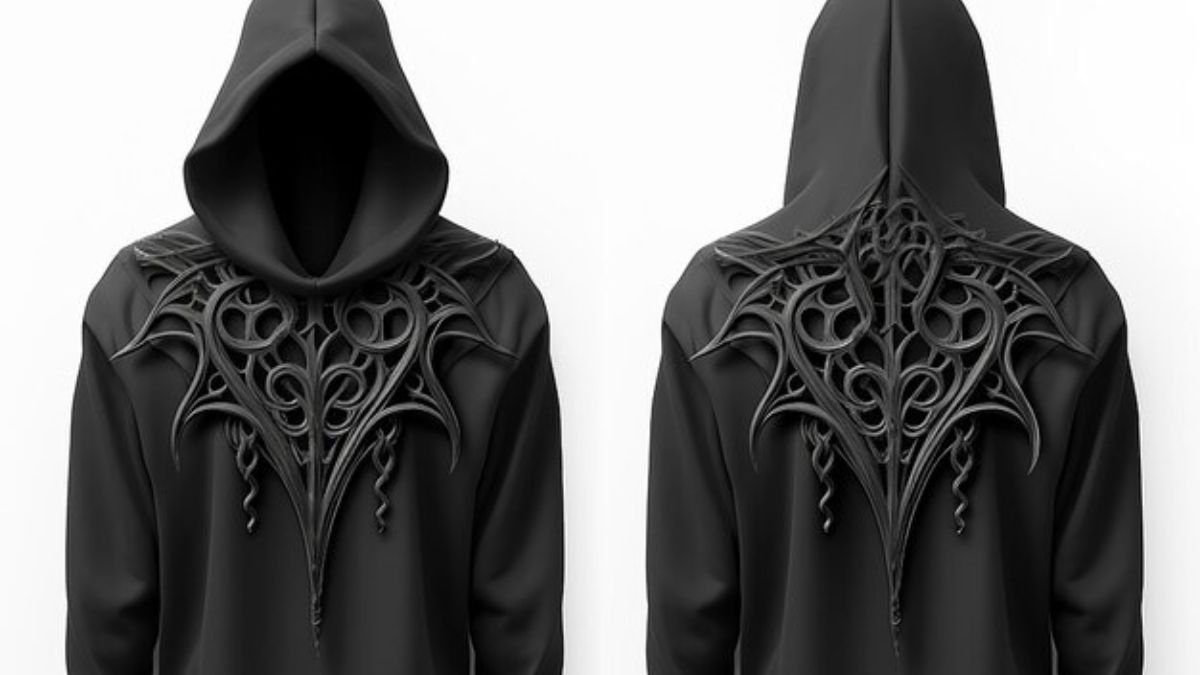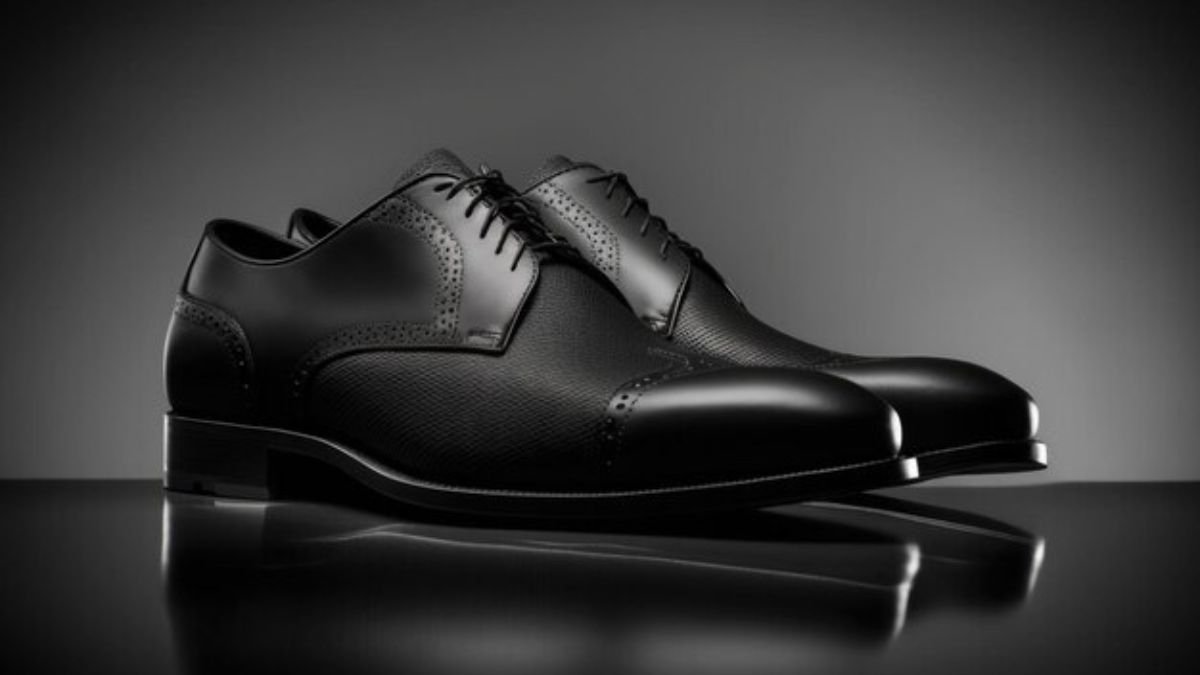Fashion
Phoenix Ancient Art: A Portal to Timeless History and Masterful Craftsmanship

Phoenix Ancient Art stands as a beacon of exceptional artistry and a rich historical narrative. With a commitment to authenticity and education, this esteemed gallery offers a captivating array of antiquities that provide a window into various ancient cultures. This comprehensive article will explore the significance of Phoenix Ancient Art, its diverse collection, and why it remains a pivotal player in the world of art and antiquities.
The Legacy of Phoenix Ancient Art
A Brief History
Founded in [Year], Phoenix Ancient Art has gained a stellar reputation in the art market. With decades of experience, the gallery has established itself as a trusted source for collectors, historians, and enthusiasts of ancient art.
Core Values
- Authenticity: Rigorous vetting processes ensure each piece’s historical integrity.
- Education: The gallery fosters appreciation and understanding of ancient cultures through exhibitions, lectures, and publications.
- Sustainability: Committed to ethical sourcing, all artifacts are obtained with clear provenance.
The Collection: A Diverse Range of Artifacts
Ancient Art from Different Cultures
Phoenix Ancient Art boasts an extensive collection that encompasses artifacts from various civilizations, each telling a unique story.
Greek Antiquities
- Sculptures: Marble and bronze statues that exemplify the grace and artistry of ancient Greek culture.
- Pottery: Black-figure and red-figure vases that depict mythological scenes and daily life.
- Coins: Rare specimens reflecting the economic and political history of Greece.
Roman Artifacts
- Sculptures: Life-sized busts and reliefs that showcase Roman ideals of beauty and power.
- Mosaics: Intricate floor mosaics that illustrate scenes from mythology and nature.
- Everyday Objects: Items such as lamps and glassware that provide insight into daily Roman life.
Egyptian Antiquities
- Statues: Iconic representations of gods and pharaohs that symbolize power and divinity.
- Jewelry: Exquisite gold and lapis lazuli pieces that reveal the craftsmanship of ancient artisans.
- Funerary Objects: Artifacts related to burial practices, including sarcophagi and amulets.
Mesopotamian Art
- Cuneiform Tablets: Early forms of writing that offer a glimpse into the administrative and literary practices of ancient Mesopotamia.
- Seals: Cylinder seals used for marking ownership and documenting transactions.
- Sculptural Works: Statuettes and reliefs depicting deities and mythological narratives.
Featured Pieces
- Hellenistic Bronze Statues: Exquisite representations of gods and goddesses, showcasing the technical mastery of ancient sculptors.
- Roman Glassware: Unique pieces illustrating the art of glassmaking, with vibrant colors and intricate designs.
- Egyptian Scarabs: Symbolic amulets that represent protection and rebirth, intricately carved and adorned.
The Importance of Ancient Art
Cultural Significance
Ancient art serves as a crucial link to understanding the values, beliefs, and everyday lives of past civilizations. Each artifact narrates a story that connects us to our shared human heritage, enriching our appreciation of history.
Investment Value
Collecting ancient art can be both a passion and a strategic investment. As the demand for unique historical artifacts grows, select pieces often appreciate significantly in value over time, making them attractive to collectors and investors alike.
Why Choose Phoenix Ancient Art?
Expertise and Knowledge
The team at Phoenix Ancient Art comprises seasoned experts with extensive knowledge of antiquities. They provide valuable insights into each piece’s historical context, significance, and craftsmanship, enhancing the collector’s experience.
Commitment to Customer Satisfaction
Phoenix Ancient Art places a high priority on customer relationships, offering personalized consultations and tailored services to meet the unique needs of collectors. Their focus on building lasting connections ensures that each client feels valued and informed.
Exceptional Aftercare
- Restoration Services: Professional restoration is available to preserve and enhance the beauty of artifacts, ensuring their longevity for future generations.
- Authentication Guarantees: Every purchase comes with a guarantee of authenticity, providing buyers with peace of mind.
SEO Optimization Strategies for Phoenix Ancient Art
Keyword Research
To enhance visibility in search engine results, it is essential to utilize relevant keywords effectively. Consider incorporating terms such as “ancient art,” “antiquities,” “historical artifacts,” and “Phoenix Ancient Art” throughout your content.
Meta Descriptions
Craft compelling meta descriptions for each webpage, summarizing the content in a way that encourages click-throughs. Aim for clarity and relevance to improve search rankings.
Alt Text for Images
Ensure that all images on the website have descriptive alt text. This not only aids in SEO but also improves accessibility for users with visual impairments.
Internal Linking
Implement internal linking to related articles and collections within the site. This practice enhances navigation and keeps visitors engaged longer, which can positively impact SEO.
Mobile Optimization
With an increasing number of users accessing websites via mobile devices, ensure that your site is fully optimized for mobile viewing. A mobile-friendly design enhances user experience and can improve search rankings.
Engaging with the Community
Exhibitions and Events
Phoenix Ancient Art regularly hosts exhibitions and educational events to engage with the community. These events not only showcase artifacts but also provide insights into ancient cultures and the significance of the pieces displayed.
Educational Resources
The gallery offers a variety of educational resources, including lectures, publications, and workshops. These initiatives aim to foster a deeper understanding and appreciation of ancient art among diverse audiences.
Conclusion
Phoenix Ancient Art is not merely a gallery; it is a treasure trove of history, craftsmanship, and cultural heritage. With its unwavering commitment to authenticity, extensive collection, and dedication to customer satisfaction, it remains a leader in the field of antiquities. Whether you are a seasoned collector or a curious newcomer, Phoenix Ancient Art offers a captivating journey into the past, inviting all to explore the wonders of ancient civilizations.
FAQs
What types of artifacts does Phoenix Ancient Art specialize in?
Phoenix Ancient Art specializes in a wide range of antiquities, including Greek, Roman, Egyptian, and Mesopotamian artifacts.
How does Phoenix Ancient Art ensure the authenticity of its pieces?
Every artifact undergoes a thorough vetting process by experts, and detailed provenance documentation is provided with each purchase to guarantee authenticity.
Can I receive a consultation before purchasing?
Yes, Phoenix Ancient Art offers personalized consultations to assist collectors in making informed decisions tailored to their interests.
What is the process for artifact restoration?
The gallery provides professional restoration services aimed at preserving and enhancing the integrity of each piece, ensuring it remains a treasured part of any collection.
Is investing in ancient art a good idea?
Collecting ancient art can be both a rewarding passion and a sound investment, as select pieces have shown significant appreciation in value over time.
How can I learn more about upcoming exhibitions and events?
You can subscribe to the Phoenix Ancient Art newsletter or follow their social media channels for the latest updates on exhibitions, events, and educational opportunities.
Fashion
The Ultimate Guide to Black Dress Shoes: Style, Types, and Tips
Fashion
Hellstar Hoodie: The Ultimate Guide to the Trendiest Streetwear Essential

FAQs
Fashion
How to Wear a Bolo Tie: A Style Guide for Beginners

The bolo tie has evolved from a traditional Southwestern accessory into a versatile and stylish addition to various outfits. Whether you’re dressing up for a formal event or adding flair to a casual ensemble, this guide will teach you how to wear a bolo tie with confidence and style.
What is a Bolo Tie?
Origins of the Bolo Tie
The bolo tie originated in the American Southwest, particularly among Native American tribes and Western cultures. It’s typically made with a cord fastened by a decorative clasp or slide and often features unique ornaments, from turquoise stones to metal designs.
Why Wear a Bolo Tie?
Bolo ties are a unique fashion statement, often representing a blend of rustic and modern styles. Their versatility allows them to be worn for both formal and casual occasions, making them an accessory with a story and a unique look.
Choosing the Right Bolo Tie
Material and Design
When selecting a bolo tie, consider the material, design, and ornament style. Some popular materials include:
- Leather cords for a traditional look
- Metal tips to add an elegant touch
- Stone or gem ornaments, such as turquoise, for a Southwestern feel
Matching the Style to the Occasion
- Formal events:
- Opt for bolo ties with silver or gemstone ornaments. Black or dark leather cords are ideal for a classic look.
- Casual settings:
- Bolo ties with colorful stones or unique designs can add a fun and creative touch to casual wear.
How to Wear a Bolo Tie with Different Outfits
Bolo Tie with a Button-Up Shirt
Wearing a bolo tie with a button-up shirt is a classic approach. Follow these steps:
- Button up the shirt completely, including the collar.
- Slide the bolo tie clasp up to the top, positioning it snugly beneath the collar.
- Keep the cords even on both sides for a balanced look.
This style works well with both plain and patterned shirts, adding sophistication to the outfit.
Bolo Tie with a T-Shirt
For a laid-back style, pair your bolo tie with a T-shirt:
- Choose a solid color or graphic T-shirt for contrast.
- Let the bolo tie hang loosely, without adjusting the clasp too high.
- Adjust the clasp slightly below the chest for a casual look.
This approach provides a relaxed vibe and can be a conversation starter in social settings.
Bolo Tie with a Suit
- Select a dark suit for a more formal appearance or a lighter suit for a daytime look.
- Pair it with a white or light-colored shirt.
- Fasten the bolo tie high for a formal setting or leave it slightly lower for a more relaxed look.
Bolo Tie with Western Outfit
The bolo tie naturally complements Western-inspired outfits:
- Pair it with a denim or plaid shirt.
- Complete the look with jeans or a denim jacket.
- Slide the bolo tie up to your collar for an authentic Western style.
Western outfits often emphasize rugged charm, and a bolo tie perfectly enhances this aesthetic.
Tips for Styling Bolo Ties
Adjusting the Length
The placement of the bolo tie clasp can change the tone of your outfit:
- High up:
- Creates a formal, polished look.
- Mid-chest:
- Offers a balanced, semi-casual style.
- Low down:
- Gives a laid-back and effortless appearance.
Experiment with different lengths based on the outfit and occasion.
Matching Accessories
Consider other accessories to complete your look:
- Rings or bracelets in silver or turquoise for a cohesive Southwestern style.
- Belts with matching metal buckles to complement the bolo tie ornament.
Accessories can enhance the bolo tie’s visual impact without overwhelming the outfit.
Choosing the Right Shoes
Your choice of shoes can also affect how a bolo tie is perceived:
- For formal wear, pair bolo ties with leather dress shoes.
- For a casual look, boots or loafers offer a stylish yet relaxed appeal.
- In a Western setting, cowboy boots naturally complement the bolo tie.
Do’s and Don’ts of Wearing a Bolo Tie
Do’s
- Experiment with different placements to find what looks best on you.
- Keep the outfit balanced – bolo ties make a statement, so avoid over-accessorizing.
- Pair bolo ties with collared shirts for a polished look.
Don’ts
- Avoid wearing bolo ties with turtlenecks or non-collared shirts, as they clash with the accessory’s design.
- Don’t let the bolo tie cords dangle unevenly, as this creates a messy appearance.
Conclusion
The bolo tie is more than an accessory; it’s a style statement. By following this guide, you can incorporate a bolo tie into various outfits, from casual to formal, while showcasing your personal style. Embrace its unique look, experiment with different outfits, and enjoy the versatility of this timeless accessory.
FAQs
Can a Bolo Tie Be Worn Casually?
Yes, bolo ties work well for casual occasions, especially when paired with T-shirts or casual button-up shirts. Adjust the clasp lower on your chest for a relaxed look.
Are Bolo Ties Acceptable for Formal Events?
Absolutely. Bolo ties can replace traditional ties in formal settings, especially when styled with a suit or blazer. Choose a sophisticated design, such as one with a silver ornament, for a formal occasion.
How Should a Bolo Tie Fit?
The bolo tie should fit comfortably around your neck. Slide the clasp up or down to adjust its position. Avoid positioning it too tightly against your neck.
Are there traditional rules for wearing a bolo tie?
While there are no strict rules, bolo ties are traditionally associated with Western and Southwestern U.S. culture. They’re often worn with Western-style clothing but can be a stylish addition to many modern looks.
What types of shirts go well with a bolo tie?
Bolo ties work well with collared shirts, whether Western shirts, flannels, denim, or formal button-downs. For a more contemporary style, you can even pair a bolo tie with T-shirts or minimalist button-downs.
-

 TECHNOLOGY1 month ago
TECHNOLOGY1 month agoUnderstanding PHP ID 1: A Comprehensive Guide
-

 GENERAL1 month ago
GENERAL1 month agoSK 100W-MF2-35-1E1-1S10 / VPL-B1003: An In-Depth Look at a Powerful Lighting Solution
-

 LIFE STYLE1 month ago
LIFE STYLE1 month agoExploring Elise Maillet and the Rhône Valley
-

 LIFE STYLE1 month ago
LIFE STYLE1 month ago9236 Kitchin Wake Forest: A Deep Dive into a Unique Property from John the Diary in Rolesville
-

 GENERAL1 month ago
GENERAL1 month agoUnderstanding the Ratio: 324.48/125.3
-

 TECHNOLOGY1 month ago
TECHNOLOGY1 month ago2016 Berkshire 34QB for Sale: A Comprehensive Review
-

 Uncategorized1 month ago
Uncategorized1 month agoThe Ultimate Guide to Home Labs: Setting Up Your Personal Space for Learning and Experimentation
-

 Uncategorized1 month ago
Uncategorized1 month agoStudies in Boy-Love: O. Brunoz and Alex Oriani





